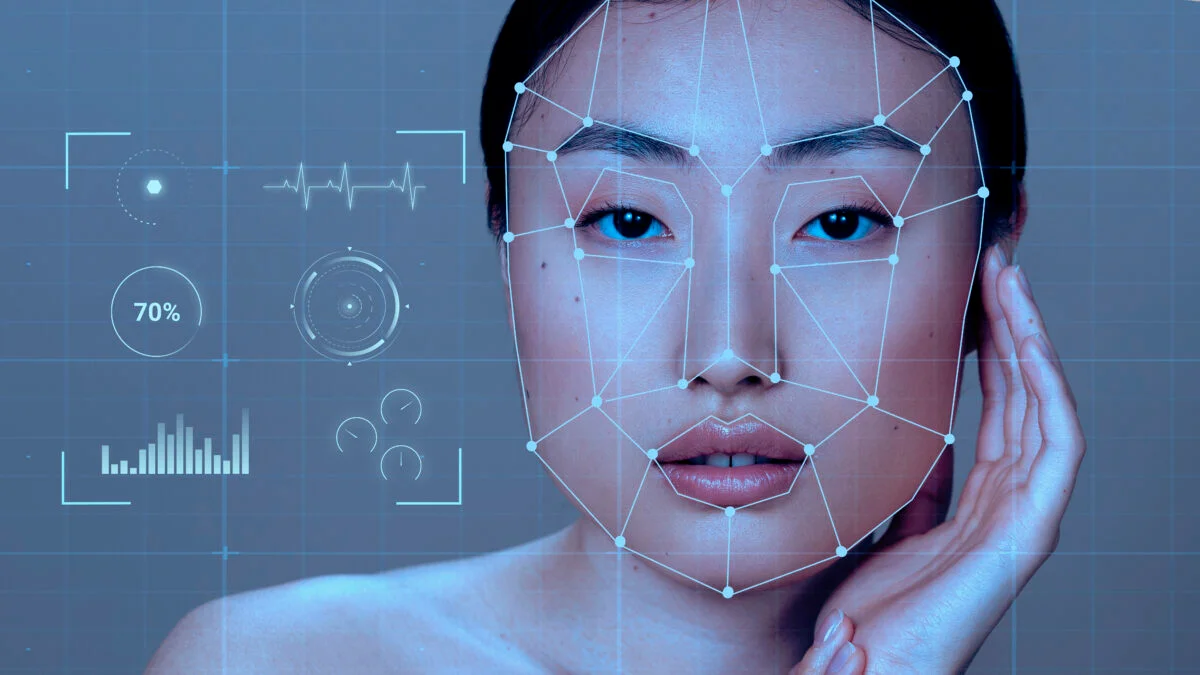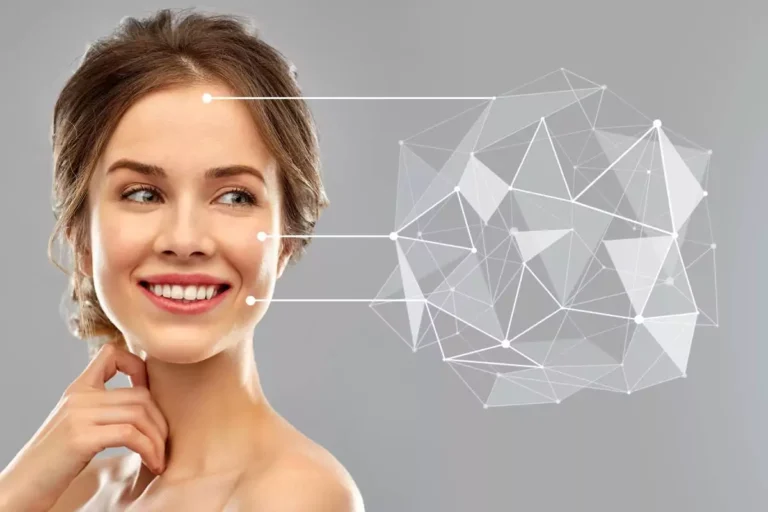
Advances in artificial intelligence (AI) are transforming businesses around the world; skincare is no exception. Decades of research and data support the potential of AI to transform the way we diagnose, treat, and manage skin conditions. Gone are the days of relying solely on the subjective judgment of a dermatologist. Today, AI-powered systems can provide efficient, professional, and accurate diagnoses that address the specific needs of each individual.
The creative combination of technology and dermatology is giving patients access to techniques a decade ago. AI is revolutionizing skincare by detecting subtle skin abnormalities and tailoring treatment plans. In what ways is this technology transforming the field of dermatology? What are the prospects for the future? Read on to discover the revolutionary role AI is playing in skincare and how it is becoming increasingly important to the industry.
Accuracy and Efficiency of Skin Diagnosis Using AI:
AI is already revolutionizing skin diagnostics by increasing the accuracy and speed that traditional techniques sometimes lack. Using machine learning techniques, artificial intelligence can sift through large volumes of skin diseases and match individual symptoms to millions of registered cases in seconds. What are the results? Diagnoses are highly accurate, often surpassing the level of human experts.
For example, many AI apps allow users to send photos of their skin so that the software can analyze the patterns, colors, and textures to detect potential conditions such as acne, eczema, and psoriasis. This not only saves time but also makes skin diagnosis accessible to anyone with a smartphone or camera. Artificial intelligence simplifies the diagnosis process, enabling individuals to take proactive skin care actions instantly, in line with the latest advancements in everyday practice.
AI Personalized Treatment Plan:
The ability of artificial intelligence to provide personalized treatment strategies is one of the most important contributions to dermatology. Unlike traditional approaches that create generic prescriptions based on broad demographics, AI examines variables such as genetic makeup, lifestyle, and history of skin diseases to develop treatments that are specifically tailored to the patient. Some AI systems even provide comprehensive recommendations by assessing external factors such as pollution levels and weather conditions.
This targeted strategy makes for a more successful skincare routine, reduces the number of attempts, and provides opportunities to respond to the specific needs of the skin. Artificial intelligence technology can synthesize large amounts of data to suggest suitable ingredients, monitor success rates over time, and adjust treatments as needed. Personalized skincare using artificial intelligence can improve results and optimize the user experience, setting a new standard in dermatological treatments.
The Role of Artificial Intelligence in Early Skin Cancer Detection:
Skin cancer remains one of the most common forms of cancer in the world, driven by factors such as prolonged sun exposure and environmental changes. Early detection of skin cancer significantly increases the chance of effective treatment; artificial intelligence is key to this. Using artificial intelligence algorithms, complex images of skin lesions can identify small abnormalities that are barely noticeable to humans.
These methods work by comparing photos of moles or spots with large databases of melanomas and other skin cancers, providing probability scores and recommendations for further investigation. Recent studies have shown that AI-based systems can detect dermatologists as well as or even better than melanomas. By prioritizing situations that require a rapid response, the technology can not only save lives but also relieve the pressure on healthcare systems. Ultimately, AI-driven early detection sets a new standard in the fight against skin cancer and ensures that important cases do not go unnoticed.
Innovation and Prospects of AI in Dermatology:
The application of artificial intelligence in dermatology is still in its early stages. Innovators and researchers are working on exciting ideas that could further improve the treatment of skin diseases. By minimizing invasiveness and human error, AI robots and devices can perform skin assessments with real-time feedback during routine checkups. Advanced AI algorithms enable virtual dermatologists to provide 24/7 consultations and treatment recommendations, bypassing geographic limitations and long wait times.
By exploring underutilized data, AI can also teach us about rare skin conditions, potentially leading to better treatments for those with few options. Improvements in natural language processing could also enable AI tools to understand and process verbal symptom reports, potentially improving the convenience of consultations. Artificial intelligence in dermatology has a promising future, as it continues to innovate and expand the limits of skin care.
Issues and Limitations of Artificial Intelligence in Skincare:
Despite the tremendous advances that artificial intelligence (AI) has made, it is essential to discuss the shortcomings and issues in the skincare field. One common concern is the potential for algorithmic bias. The datasets fed to AI may not reflect all types of skin conditions or demographics. As a result, accuracy in identifying issues may be lower for people with darker skin tones. We are working to develop more inclusive datasets to address this issue. Users must share photos and personal information with the AI system, which also raises privacy concerns.
To maintain user trust, companies must ensure strong data security and open practices. Additionally, AI systems should support, not replace, expert medical advice. While AI can improve efficiency and accuracy, the human factor remains critical to a compassionate and knowledgeable approach to patient care. By addressing these issues head-on, we ensure that AI is integrated into dermatology fairly and responsibly for everyone.
FAQs:
1. What are AI-powered skincare diagnostics?
AI skincare diagnostics uses image recognition and machine learning technologies to reliably and quickly assess skin problems. It examines data or photos to discover and identify potential skin problems.
2. Can AI detect skin cancer?
AI can detect skin cancer by examining photos of skin lesions and comparing them to large databases of known cancer cases. Especially when it comes to diagnosing melanoma, its accuracy sometimes approaches that of experienced physicians.
3. How can AI create personalized treatment plans?
By examining data such as skin history, genetics, and environmental variables, AI can create personalized treatment plans. It tailors treatments and skincare recommendations to an individual’s specific needs.
4. Are there any privacy concerns when using AI for skincare?
That makes sense, as it can require people to give up private information and photos. To protect user information, companies must have clear policies and strong data security measures in place.
5. How will AI in skincare evolve?
Future developments in AI for skincare include virtual dermatologists, AI robots for instant assessments, and customized treatments for rare skin diseases. These developments aim to improve the accessibility and efficacy of skincare products.




